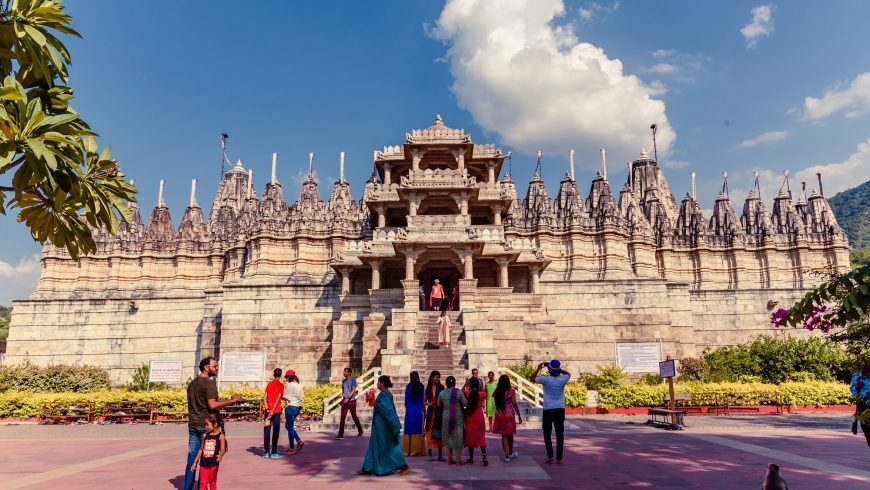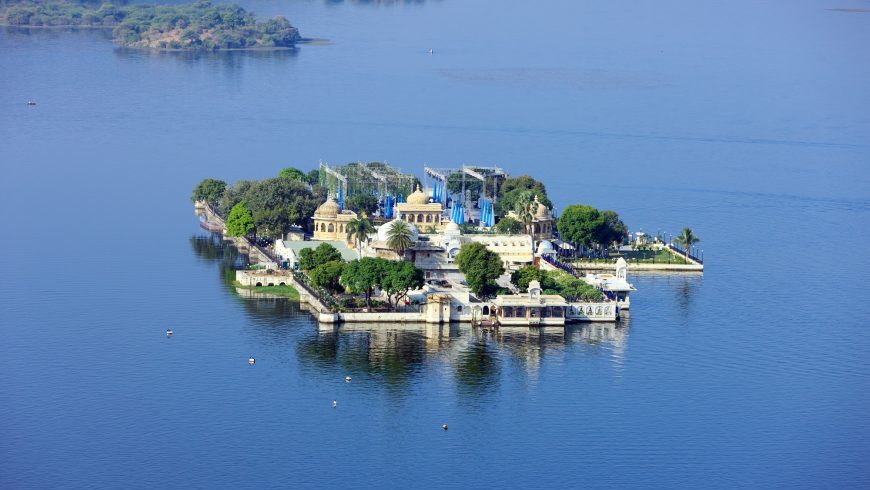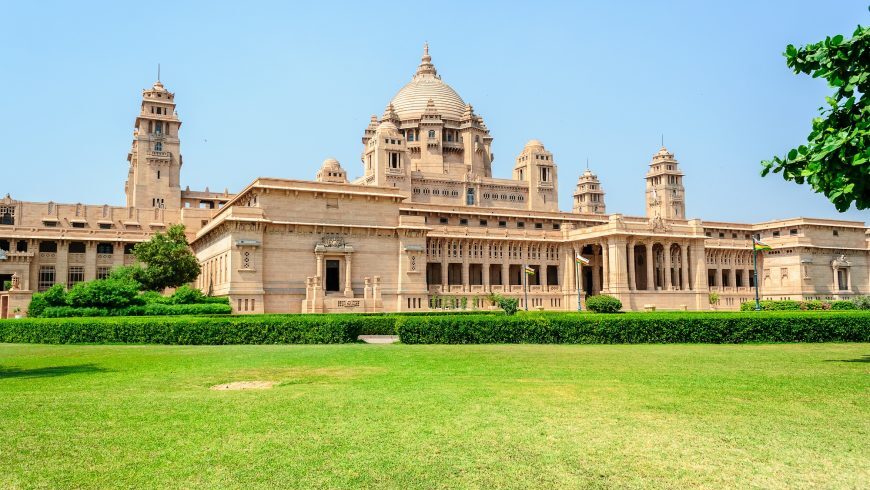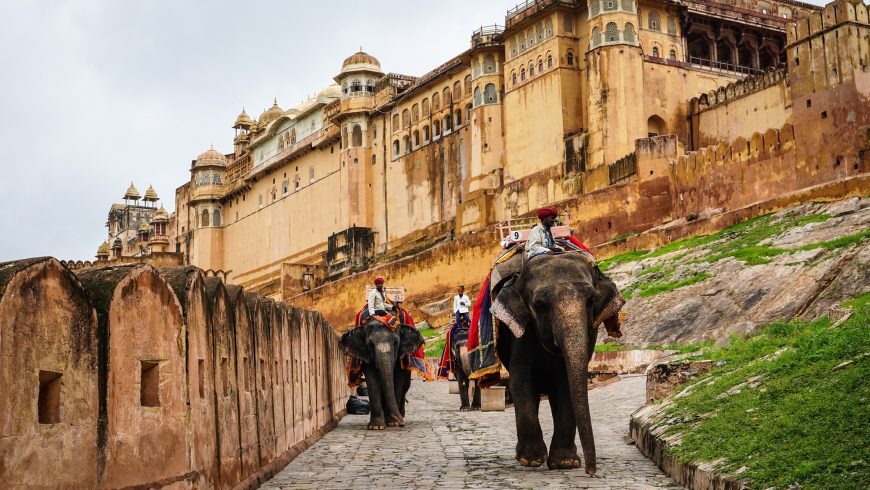Mount Abu
Mount Abu, nestled in the Aravalli Range in the Indian state of Rajasthan, is a serene and picturesque hill station that offers a refreshing escape from the heat of the desert plains. It is the only hill station in Rajasthan and is known for its cool climate, lush greenery, and stunning natural beauty.
At an elevation of around 1,220 meters (4,003 feet) above sea level, Mount Abu boasts a pleasant climate throughout the year, making it a popular destination for tourists seeking respite from the scorching summer heat. The hill station is surrounded by dense forests, pristine lakes, and breathtaking viewpoints, offering ample opportunities for hiking, nature walks, and photography.
One of the main attractions in Mount Abu is the stunning Dilwara Temples, renowned for their exquisite marble architecture and intricate carvings. These temples, built between the 11th and 13th centuries, are dedicated to the Jain Tirthankaras and are considered among the finest examples of Jain architecture in India.
Another must-visit landmark is the Nakki Lake, a serene artificial lake surrounded by hills and lush greenery. Visitors can enjoy boating on the lake, stroll along the picturesque promenade, or simply relax and soak in the scenic beauty.
Mount Abu is also home to several other attractions, including the Achalgarh Fort, Guru Shikhar (the highest point in the Aravalli Range), and the Sunset Point, which offers panoramic views of the surrounding landscape and is a popular spot to watch the sunset.
The hill station is dotted with charming cafes, restaurants, and markets where visitors can savor local Rajasthani cuisine, shop for souvenirs, and immerse themselves in the vibrant culture of the region.
Overall, Mount Abu is a tranquil oasis nestled amidst the rugged terrain of the Aravalli Range, offering a perfect blend of natural beauty, spirituality, and relaxation for travelers seeking a rejuvenating retreat in Rajasthan.
City Tour
Cultural Tours
Tourism is travel for pleasure or business; also the theory and practice of touring, the business of attracting, accommodating, and entertaining tourists, and the business of operating tours. Tourism may be international, or within the traveller’s country. The World Tourism Organization defines tourism more generally, in terms which go “beyond the common perception of tourism as being limited to holiday activity only”, as people “traveling to and staying in places outside their usual environment for not more than one consecutive year for leisure, business and other purposes”.
Tourism can be domestic or international, and international tourism has both incoming and outgoing implications on a country’s balance of payments. Today, tourism is a major source of income for many countries, and affects the economy of both the source and host countries, in some cases being of vital importance.
Multi Day Tour





